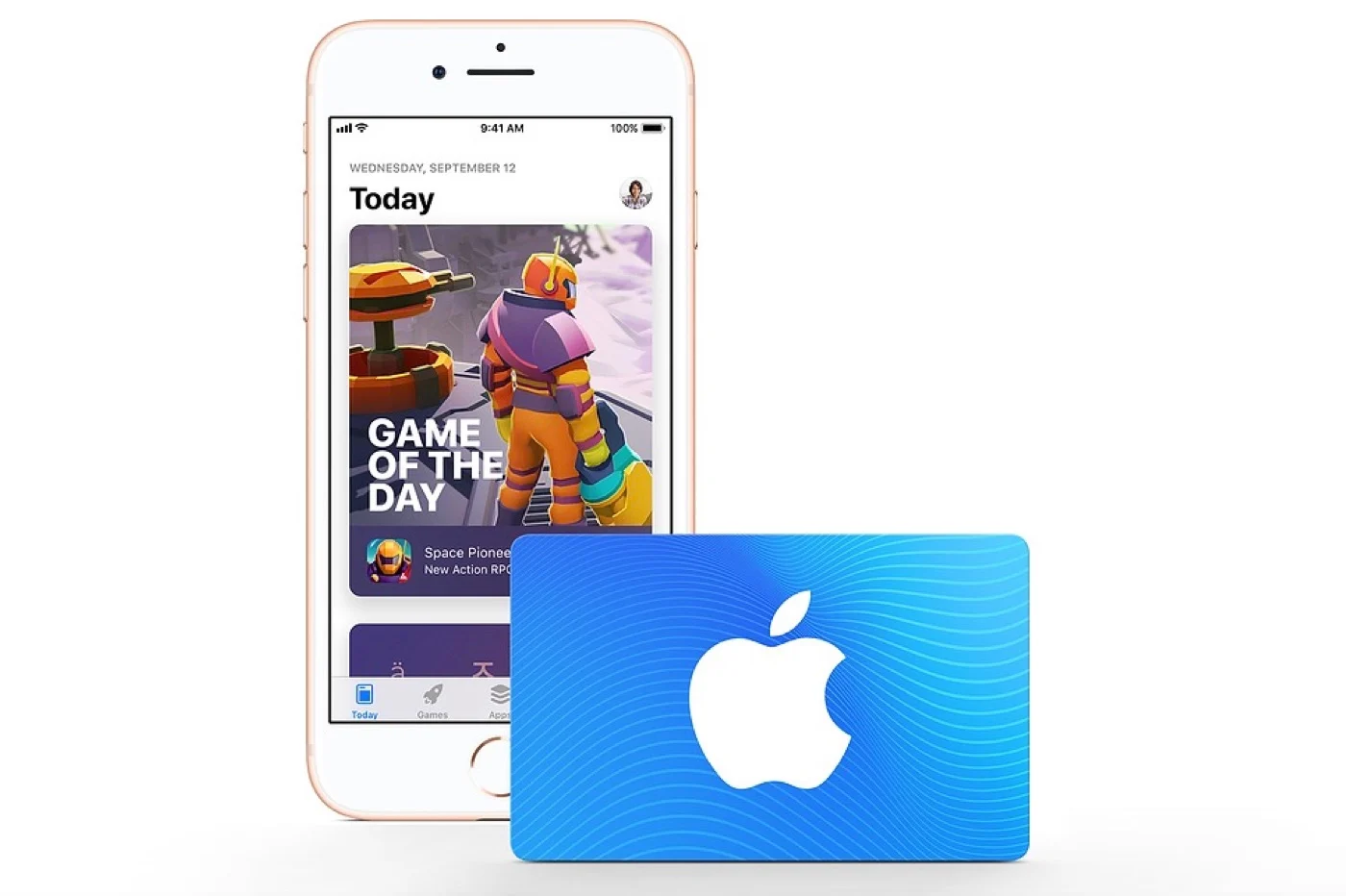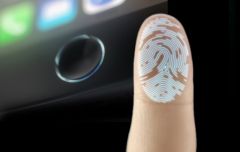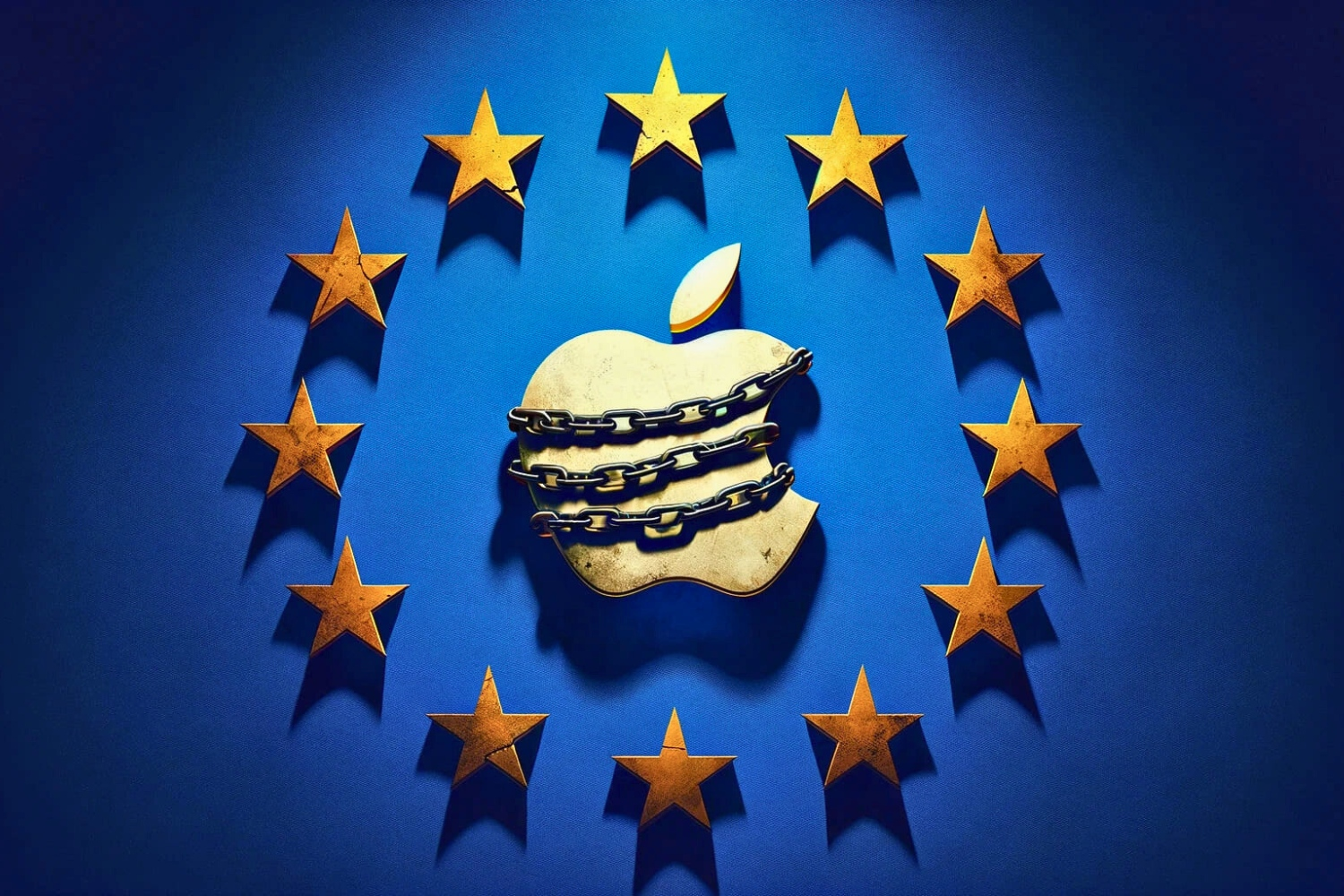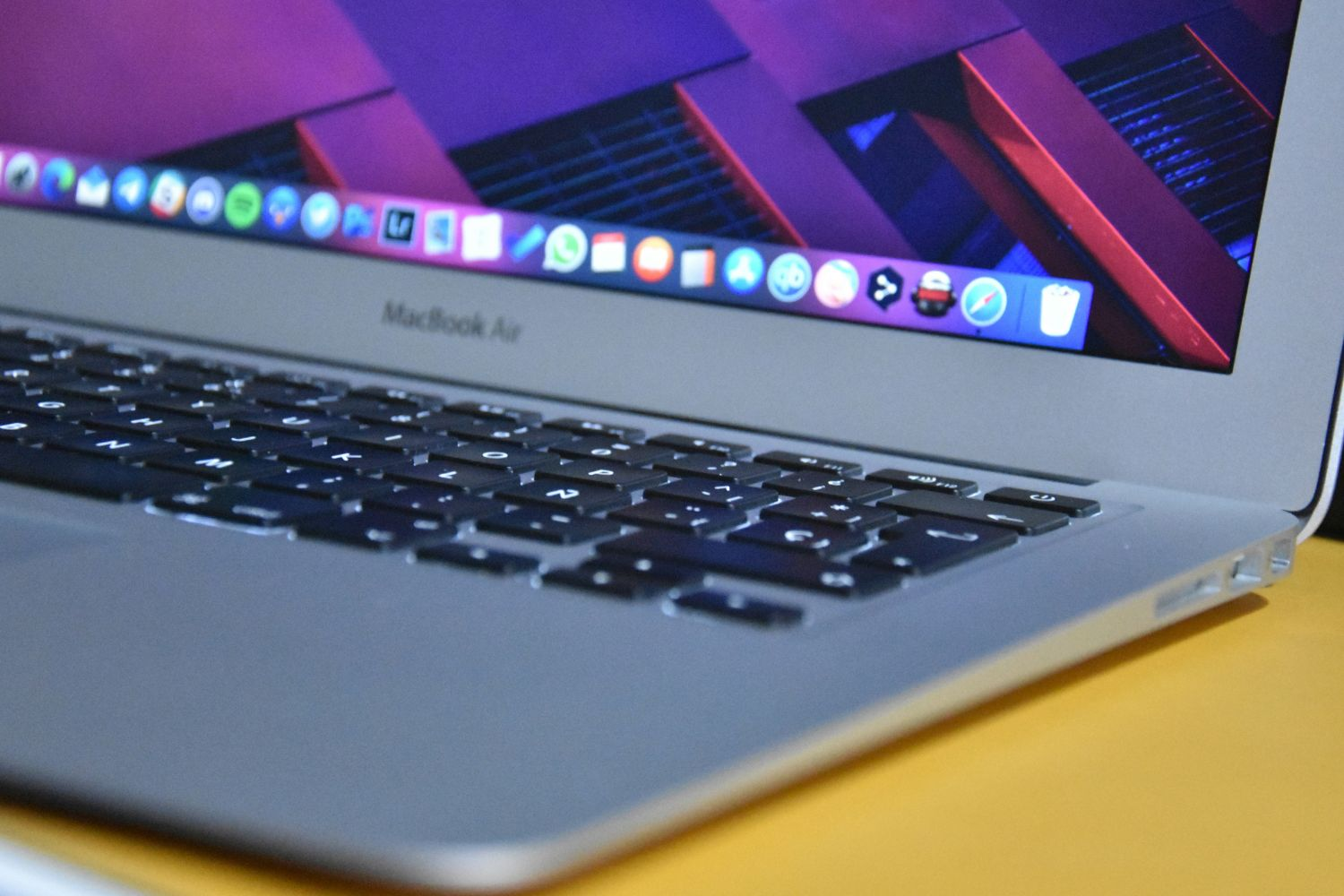A class action lawsuit was recently filed in the United States against Apple. The Cupertino company is accused of not wanting to hear anything regarding the reimbursement of victims of the iTunes gift card scam.
This dishonest process is well known and used with various types of gift cards. It works like this:
- the scammer contacts his victim by email or telephone
- it usually poses as a tax payment service, sometimes taxes, or even a technical support service, and sometimes even a member of the victim's family
- he warns his victim that a payment must be made quickly to settle unpaid taxes, to repair a bug on the target's device or to provide urgent financial assistance
- payment must be made viapurchasing a gift card, as offered by many online services or even physical stores
- The victim is then asked to communicate the code of the gift card to the scammer, who can finally use the latter and the credit associated with it.
- the scammer uses the money to make purchases in the store or on the corresponding service
- everything is generallyuntraceable
In the case of an iTunes gift card, the scammer generally uses the credit to pay for apps from the App Store that he publishes himself, which allows him to recover the money, or at least 70% of it. of the gift card credit amount. The remaining 30% is collected by Apple as an App Store tax.

© Apple
According to the United States Federal Trade Commission (FTC), this type of iTunes gift card fraud has reached$93.5 million from 2015 to 2019. But the agency notes that this amount only reveals the visible part of the iceberg. Not all victims report having been scammed, far from it. The damage could be much higher over the same period. And there would be more and more victims as the months went by.
At the same time, Apple still takes 30% of the credits used via gift card and therefore sees its wallet filling up thanks to these illegal processes.
The class action therefore wants to counter the position of the Californian giant, for whom nothing can be done once the credit is used. But developers only receive their money 4 to 6 weeks after payment via iTunes card. This delay could possibly allow Apple to make a refund in the event of a complaint from a victim. At the very least, the company could reimburse the 30% commission on each iTunes card used fraudulently.
Finally, the last point of the complaint concerns the fact that the majority of the victims are elderly people. However, these are in different states across the Atlantic protected against financial abuse.
It remains to be seen how this new legal case will conclude. We will obviously tell you what happens next.
In any case, do not hesitate to report this type of scam to your parents and grandparents. They are also practiced in France, I can attest to this, having already had relatives targeted by similar fraud.

i-nfo.fr - Official iPhon.fr app
By : Keleops AG
Editor-in-chief for iPhon.fr. Pierre is like Indiana Jones, looking for the lost iOS trick. Also a long-time Mac user, Apple devices hold no secrets for him. Contact: pierre[a]iphon.fr.






